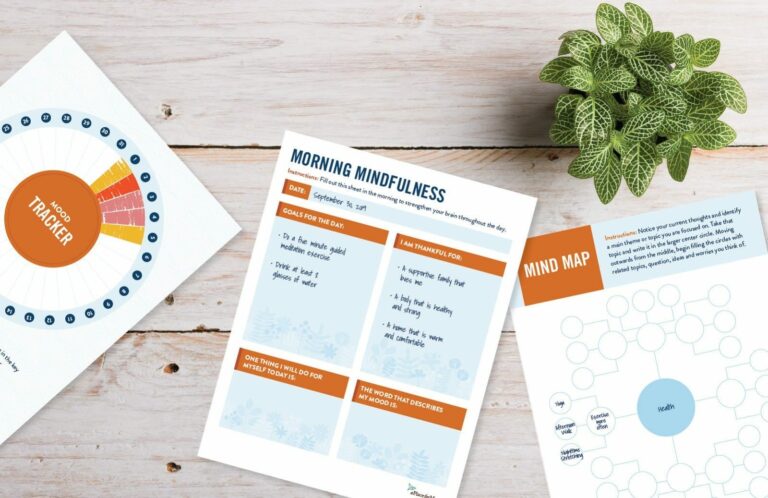When it comes to health, there are so many secret recipes, anti-aging serums, dieting fads, and other trends that all claim to keep you feeling young and strong. Most of these things are supported by false claims, backed by not-so-certified health professionals, and can actually be dangerous for your health.
Instead of falling victim to shady health trends, do something for your mind and body that actually works. Mindfulness is a practice that has picked up some buzz in recent years for its supposed health benefits. But guess what? Mindfulness is real –– it offers benefits for the health of your brain and body that could be helpful in extending longevity, boosting cognition, and keeping your mind sharp well into old age.
Mindfulness is the practice of being fully aware of the present moment. It’s a type of meditation and state of being that gives practicers a deeper insight into their own thoughts as well as a greater appreciation for the environment around them.
The Benefits of Mindfulness
While there are many benefits to practicing mindfulness, a few science-backed advantages to the practice stand out.
Stress relief: While we all experience stress from time to time, chronic stress can lead to serious health conditions or worsen existing conditions. However, mindfulness has been found to significantly reduce stress and can help prevent the development of conditions like hypertension, heart disease, obesity and even memory loss.
Memory protection: As the brain ages, the likelihood of developing a memory loss-related condition like Alzheimer’s disease increases. However, specific types of mindful meditation have been linked to a slowed progression of these diseases.
Circulation: A popular mindfulness technique, deep breathing has impressive benefits for the circulatory system of the body. As the body receives more oxygen as a result of regulated breathing exercises, the bloodstream is filled with extra oxygen. In turn, this boost of oxygen improves the performance of muscle groups throughout the body.
Mood: For older adults already living with a condition like dementia or Alzheimer’s disease, symptoms like agitation and unexplained stress can significantly impact quality of life. However, practicing mindfulness can help to regulate and minimize mood swings by increasing awareness of triggers and patterns.
Cognition: Mindful meditation has been linked to an improvement in brain performance, including processing speed, alertness, focus and learning. In fact, meditation may affect the physical volume of grey brain matter in areas of the brain associated with memory, learning and emotional regulation.
Is Mindfulness Right for You?
Of course, mindfulness is not a replacement for formal medical treatment. Regular check-ups with a certified healthcare provider and proper usage of medication should always be the first line of defense for the health of the brain and body.
If practiced correctly and used as a supplement to medical care, mindfulness could have a dramatic impact on the quality of your life in many ways.
Curious to learn more about mindfulness and get inspiration for getting started? Check out this post from A Place for Mom with 25 mindfulness activities, plus free printables to help you begin your mindful journey.














